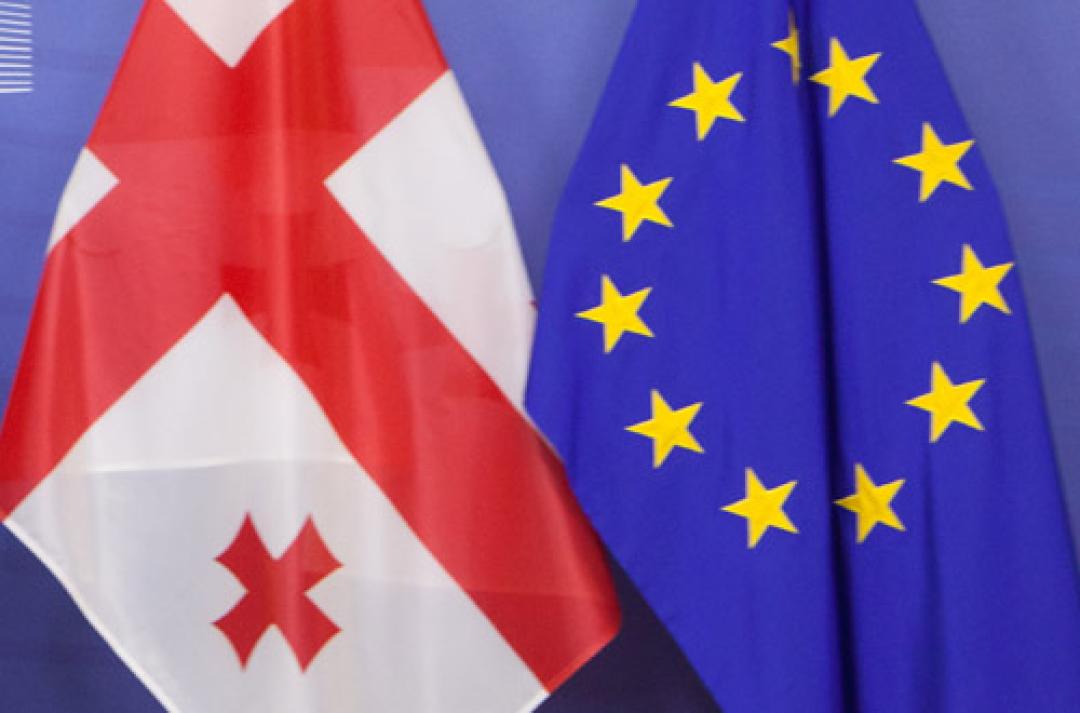
EU Council Criticizes Georgia's Government, Pledges Continued Support for Citizens

On December 17, the EU General Affairs Council issued conclusions on enlargement, reaffirming its “full and unequivocal commitment” to the EU membership perspectives of the Western Balkans, Ukraine, and Moldova. However, it expressed significant concern about Georgia’s trajectory, warning that actions by the Georgian government jeopardize its European path and effectively halt the country’s accession process.
The Council emphasized that adherence to EU values—rule of law, democratic institutions, and fundamental rights—remains essential for membership candidates. It expressed serious concerns over:
1. Adoption of laws like the “Foreign Agents” law, seen as a regression from EU recommendations.
2. The suspension of Georgia’s EU accession process until 2028, which the Council deemed regrettable.
3. Violence against peaceful protesters, media, and political figures, calling for accountability and respect for freedoms of assembly and expression.
4. The Council also highlighted concerns raised by OSCE/ODIHR regarding electoral shortcomings and a polarizing political environment, urging Georgia to address electoral irregularities and implement recommended reforms.
The EU outlined critical areas where Georgia must demonstrate progress:
1. Democratic Reforms: Including the implementation of the Commission’s nine-step recommendation and addressing fundamental rights, judicial independence, and electoral integrity.
2. Deoligarchization: Tackling corruption and reducing oligarchic influence in politics and the judiciary.
3. Media Freedom: Ensuring the independence, plurality, and safety of journalists and activists.
4. Economic Reforms: Strengthening market functions, central bank independence, and structural reforms.
5. Visa Liberalization: Aligning with EU visa policies and addressing unfounded asylum applications.
While sharply critical of the Georgian government, the Council reaffirmed its steadfast solidarity with the Georgian people and its readiness to support them on their European path. It urged authorities to urgently align with EU standards and adopt sustainable reforms.
The Council also criticized Georgia’s lack of full alignment with EU Common Foreign and Security Policy (CFSP) measures, particularly regarding sanctions against Russia and Belarus. It called on Georgia to support these measures fully and refrain from undermining EU positions.
The EU’s conclusions underscore the growing rift between Brussels and Tbilisi under the Georgian Dream-led government. The emphasis on governance, fundamental rights, and foreign policy alignment reflects concerns that Georgia is diverging from European values and principles.
The EU has made it clear that the Georgian government must urgently reverse course and demonstrate tangible reforms to preserve its European aspirations. Failure to do so risks isolating Georgia from its EU integration goals and alienating its citizens, who remain overwhelmingly pro-European.
See Also


Mirzoyan Meets US Deputy Assistant Secretary Joshua Huck

Azerbaijani President Holds Talks with UAE and German Business Delegations on Economic Cooperation

Grigoryan Confirms Armenia’s Readiness to Dissolve OSCE Minsk Group Upon Peace Treaty Signing

Azerbaijani Official Warns of Ecological Risks to Caspian Sea, Similar to Lake Urmia and Aral Sea

